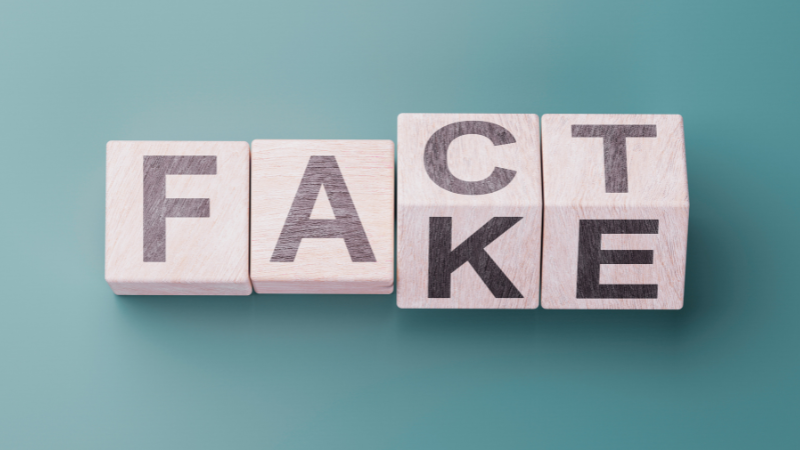If you’re looking for an interest-only mortgage, you may have a hard time finding one. They used to be quite popular, but because of the higher risks involved compared to repayment mortgages.
Some providers still offer these mortgages, but you will have to meet specific criteria to get one.
Let’s investigate the criteria and eligibility rules surrounding this type of mortgage so you can decide if it’s the right mortgage option for you.
Interest-only mortgages explained
Firstly, let’s clarify what an interest-only mortgage is and how it works. Quite simply, the monthly repayments on the mortgage are, as the name suggests, made up of only the interest.
Therefore the lump sum capital initially borrowed is not repaid until the end of the mortgage term. Mortgage terms can vary and at the end of this term, the lender will expect full payment of the capital borrowed.
When you apply for the mortgage, the lender will require evidence of how you expect to repay the capital.
When discussing repayment, the term you may hear to describe this is a repayment vehicle.’ Common repayment vehicles include investments, the sale of property, pensions, savings.
Need more help? Check our quick help guides:
- Reasons why a mortgage could be declined on affordability.
- How reliable is a mortgage in principle?
- How do joint mortgages work?
- Can you get a mortgage on a fixed-term contract?
Interest-only mortgage criteria
As with any mortgage, there are specific criteria you will need to meet to get an interest-only mortgage.
For example, the lender will want to assess whether you can afford the load and if you can repay the capital sum borrowed.
In addition, there may be other eligibility rules the lender will expect borrowers to meet. For example:
Deposit
The lender will expect you to raise the required deposit and provide evidence of how you will repay the loan.
Earnings
Although you will only be paying the monthly interest initially, you will still be expected to prove your earnings. Usually, this is based on your annual earnings and may include a partner’s earnings if it is a joint application.
In addition, lenders will want to see you can afford the loan amount you wish to borrow.
Each lender will have criteria you will need to meet before providing a loan. However, the above are the most common requirements.
Related guides:
- Mortgage 5 times salary.
- Can you get a mortgage on land?
- Refurbishment mortgages.
- Part and part mortgages.
- HMO mortgages.
Reaching the end of an interest-only mortgage. Now what?
When the end of the mortgage term comes around, you will need to repay the initial capital amount borrowed. There are several ways you can do this, depending on your circumstances.
- Switch to a repayment mortgage
If you meet the lender’s criteria, you could remortgage and switch to a repayment mortgage agreement.
- Cash payment
You could use savings, investments, or the tax-free portion of your pension to pay off the loan. Always seek professional advice when cashing in investments and pensions.
- Equity release
If you are over 55 years old and own enough equity in your property, you could release it to repay the loan.
- Remortgage
Apply for a remortgage with your existing lender. For example, suppose you have a good repayment history, enough equity in the property, and a deposit.
In that case, your current lender may consider a new application for an interest-only mortgage, thus extending the term.
- Remortgage and Switch lenders
Consider switching lenders when trying to remortgage as some lenders offer longer mortgage terms and have different rules regarding the applicant’s age.
Related guides:
- When was my house built?
- Buying out a sibling from an inherited house
- How long does it take to release mortgage funds?
- Does a valuation mean that a mortgage is approved?
- Mortgage lenders that accept benefits
- Can I extend my interest-only mortgage term?
What repayment vehicles do lenders accept?
Depending on the lender, the criteria for repayment of an interest-only mortgage may differ. Each one will have their preferred method of repayment, and so while one may accept remortgaging, others may not.
In general, lenders will want proof of one or more of the following repayment plans.
- Property sale
Most lenders don’t accept this form of repayment. However, a few may accept it if you have as an example between £100,000 and £200,000 equity by the end of the term. You can also use the sale of a different property to repay the loan.
- Investments
There are quite a few investment types you can use to repay your home loan. These include investment bonds, endowment policies, ISA savings, stocks & shares, and unit trusts.
In all instances, the lender will want to see evidence of their value and projected growth.
- Pension lump sum
Some borrowers use the tax-free 25% portion of their pension to pay off their home loan.
This is usually drawable at 55 years. However, this may not be sufficient to cover the loan and could mean combining it with another source of funds.
In addition, drawing off your pension has tax implications and could affect your retirement finances. We suggest you discuss this with a pension advisor before making any pension withdrawals.
Minimum value required for repayment vehicles
While lenders will want to see that your repayment vehicle can repay the loan, you may not need the exact loan amount available when you take the mortgage. Generally, repayment vehicles grow over time; this is an accepted fact.
However, you will need evidence that it will grow and be able to pay the initial sum loaned. Some lenders require a minimum value for repayment vehicles, but if one lender rejects you, you can always approach another.
Deposit required for an interest-only loan
Mortgages are based on the loan-to-value (LTV) ratio, determining how much you can borrow in relation to the property value.
For example, if you put down a £20,000 deposit on a house valued at £200,000, then 10% is owned by you, and your LTV is 90%.
Most interest-only mortgage lenders would expect an LTV of between 50-85%, which means your deposit could be as much as 15%.
Minimum income required for an interest-only mortgage
Many lenders don’t have a minimum income requirement and will use a mortgage calculator to ensure you can afford the loan.
However, some lenders require a high minimum income, while others are more lenient and accept income plus repayment plans. Each lender has different policies, and not all will expect a minimum income on an interest-only mortgage.
Types of income accepted by lenders include fixed monthly income, self-employed (based on net profit,) part-time (based on earnings), contract work, and pension income (based on pension payments.)
How much can I loan for an interest-only mortgage?
Usually, the amount you can borrow is 4 times your annual salary. However, this may not be enough to get an interest-only mortgage if your property value is high.
Depending on your circumstances, some lenders are more flexible and may consider loaning 5 or 6 times your annual salary.
It’s worth noting that an interest-only mortgage is capped at the value of the repayment vehicle if using property.
Therefore if the loan is based on the sale of a property in which you have £100,000 equity, the maximum mortgage amount would be for the same value.
Interest-only mortgages final considerations
Lastly, all is not lost if you have a repayment shortfall and can’t borrow the amount needed on an interest-only mortgage.
Some lenders will allow you to take some of the loan as interest-only and the rest on a mortgage repayment plan, effectively splitting the loan. This can make qualifying for an interest-only mortgage a lot easier!
Call us today on 01925 906 210 or contact us. One of our advisors can talk through all of your options with you.
Further reading:
















